Senegal’s World Cup run ended after four matches on Sunday, as they were dispatched 3-0 by England in the Round of 16 to leave Morocco as the only African team standing in Qatar.
The result—and the nature of the exit—comes as a bitter blow for the Teranga Lions, who had made no secret of their desire to at least emulate the great Senegal generation of 2002, who defeated reigning champions France in their tournament opener before falling to Turkey in the quarter-finals.
It’s also a major disappointment for Africa’s hopes of providing a World Cup winner, with Senegal viewed in some quarters as the continent’s best bet ever to break new ground and clinch the biggest trophy in the sport.
Those predictions were found to be woefully short of the mark on Sunday, as Senegal were outclassed by a vibrant England side in every area of the pitch.
It’s a reality check for African football—to see their champions humbled so emphatically—although it’s understandable that Senegal had fuelled such optimism.
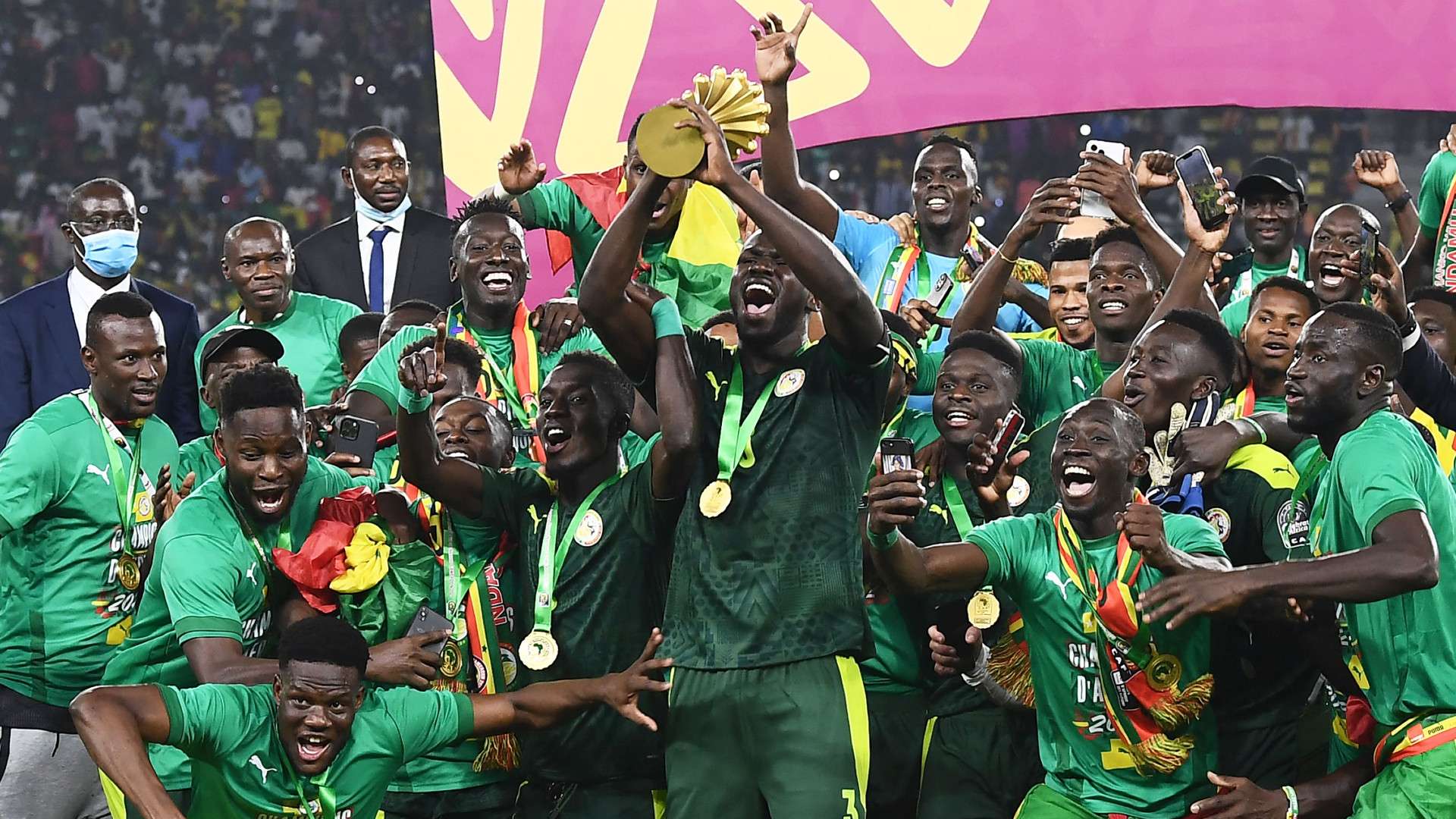 Getty
GettyHeading into the tournament, this was only the fourth time that Africa’s champions have featured at the World Cup following their continental success.
In the past, the likes of Cameroon, Egypt, Algeria and Ghana all failed to win the Africa Cup of Nations and then go on to represent the continent at the grandest stage.
Senegal, however, backed up their glorious triumph in Cameroon with qualification to the tournament, defeating Mohamed Salah’s Pharaohs no less in the playoff.
For the first time since 1994, Africa’s reigning champions also headed to the World Cup boasting African’s reigning Footballer of the Year in Sadio Mane, who had just finished second in the Ballon d’Or.
He’s a talent who has the quality to trouble any opponent, and could surely have given England’s backline more to think about than the Lions did on Sunday, where they were only able to register one shot on target during the course of the encounter.
While Mane’s absence doubtless cost Senegal, it ultimately didn’t affect them massively in the most straightforward group in the tournament, where they managed to take maximum six points from games against Qatar and Ecuador without their talisman.
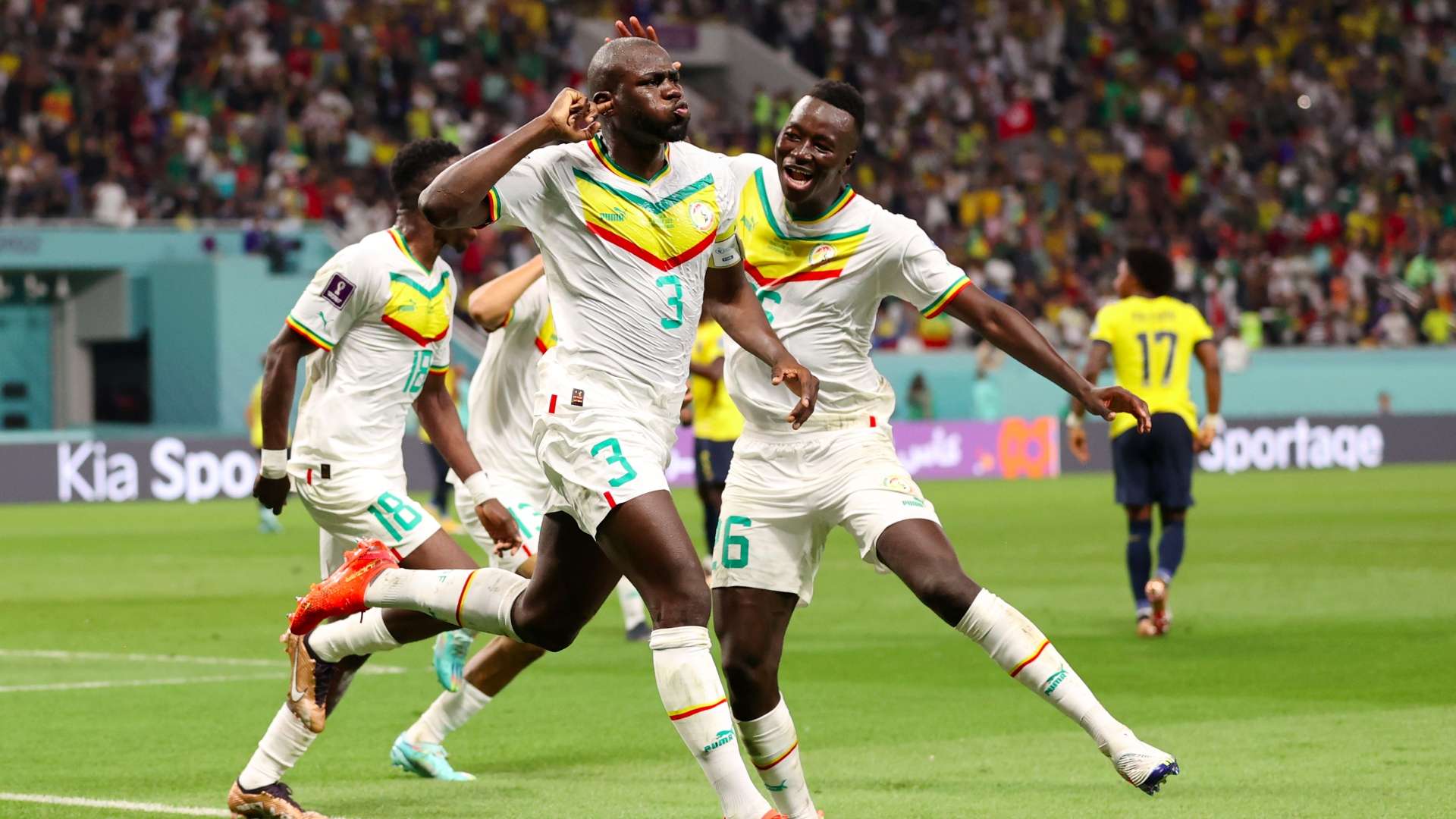 Getty Images
Getty ImagesCould it have been different against the Netherlands? Potentially. Could this have led to an easier Last 16 draw? Perhaps, but ultimately, Senegal would have been outsiders in that opener against the Dutch with or without Mane.
Against England, Senegal were also hampered by the suspension of Idrissa Gueye—a master of protecting the defence—and with Cheikhou Kouyate also absent with injury, another key and experienced midfielder was also missing.
Nampalys Mendy and Pathe Ciss, who only made his debut for Senegal in September, had never started a game together before as a pairing, and in fact, the duo had only been on the pitch together for a combined 13 minutes (against Qatar) before the England game.
One cannot expect a midfield to be fully functioning when its two most experienced members have been removed and there’s little familiarity between their replacements.
There were issues elsewhere in the team, where Ismail Jakobs—who also only made his debut in September—had to start at left-back as Fode Ballo-Toure made his way back from injury.
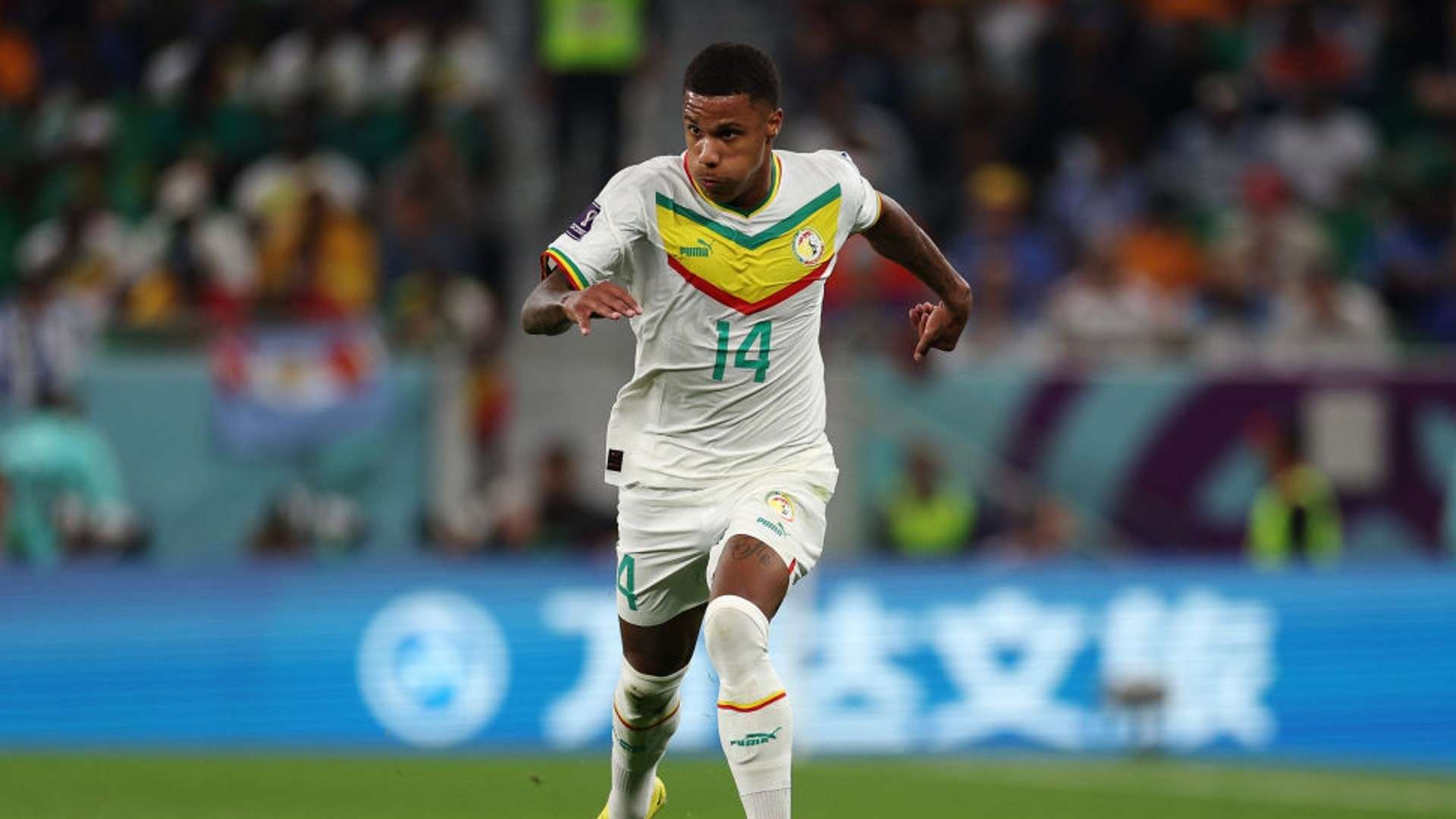 Getty Images.
Getty Images.Senegal, whose defence was so resolute at the Nations Cup, conceded in every one of their four matches in Qatar, with weaknesses emerging when key personnel were absent and inexperienced replacements had to step in.
The likes of Jakobs (three league starts this season) and Nampalys (zero league starts this season) are talented players, but circumstances thrust them into more prominent roles than perhaps they really should have been at this stage of a major tournament.
All of Jakobs, Ciss and Mendy were found wanting against England, guilty either of key errors, lack of concentration or, in the case of Nampalys, simply unable to cope with a better player in Jude Bellingham.
Critically, however, Senegal may also question whether key defensive players Kalidou Koulibaly and Edouard Mendy really delivered their best performances when the Lions needed them.
Both have had struggles at Chelsea in recent months, and the pair each had their tough moments at the World Cup, even though—for Mendy against Qatar and for Koulibaly against Ecuador—there were also highlights.
Perhaps Mendy could have done little about England’s goals, but Koulibaly struggled when up against Harry Kane, and was again found wanting when Phil Foden set up Bukayo Saka to kill the contest.
Perhaps Koulibaly’s own struggles influenced Abdou Diallo, whose jitters made him look like a different player from the composed operator who had excelled on the fields of Cameroon at the Afcon.
For all their qualities, the likes of Ismaila Sarra and Iliman Ndiaye are nonetheless Championship players, and they were always going to need to overperform in order to get one over on a backline full of Premier League regulars and players with Champions League experience.
Mane or no Mane, if Senegal’s other key players are suspended, injured or simply not performing, then they were never going to defeat a side as talented, as well drilled, with as many options as England.
Dark horses, it wasn’t too far-fetched, but the Teranga Lions needed much more to come together at the right time than they ultimately got.
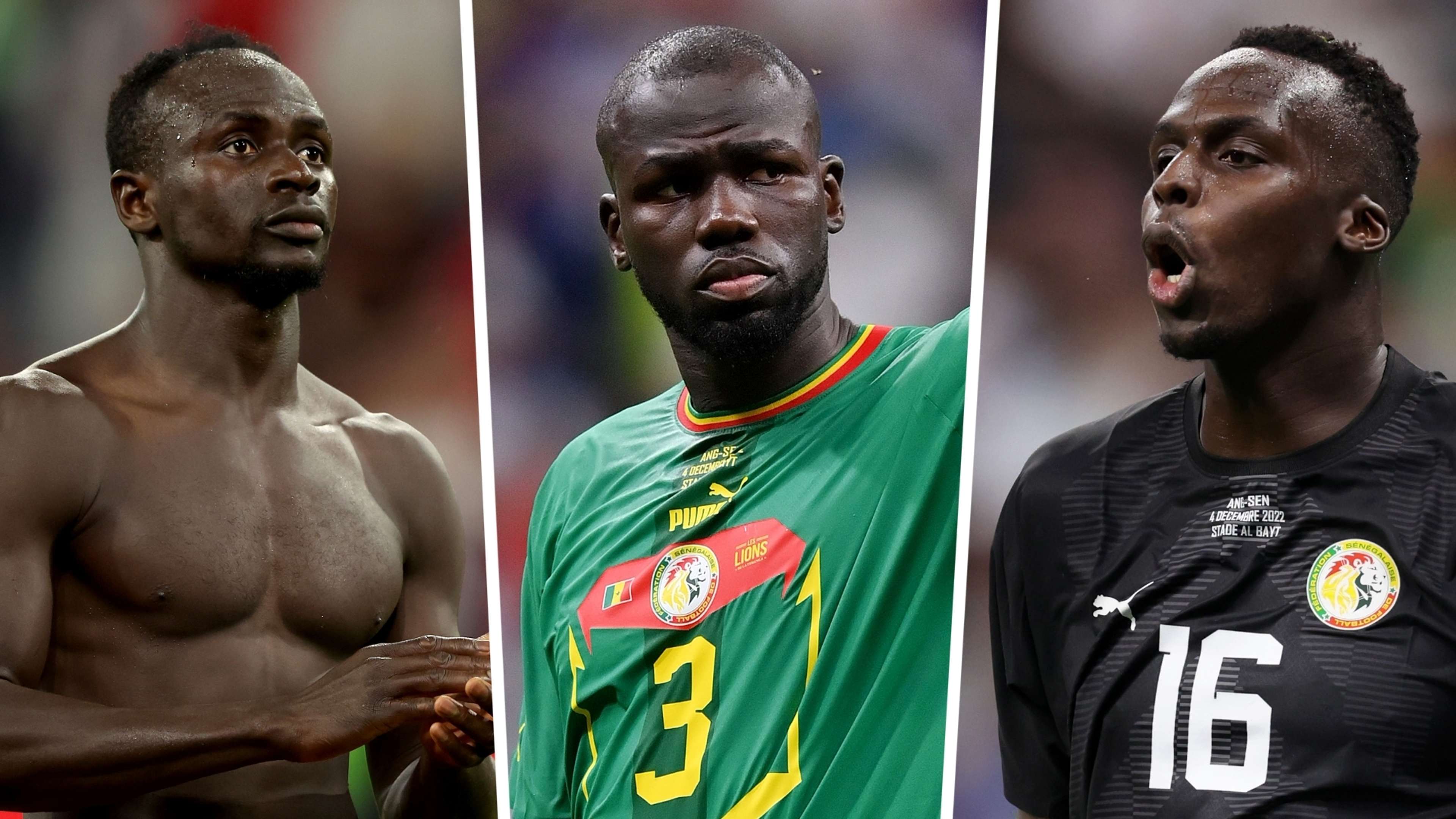

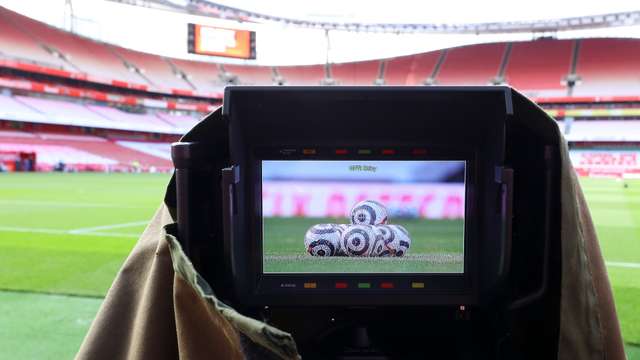
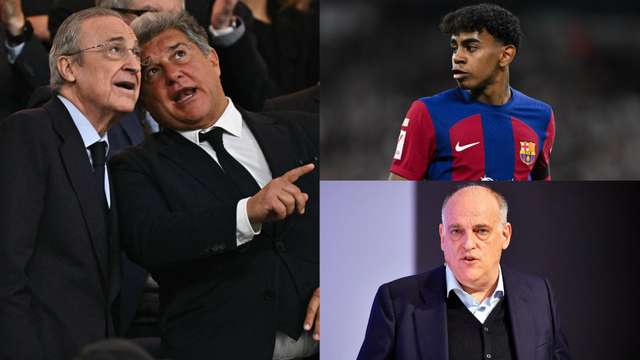
-min.png?auto=webp&format=pjpg&width=640&quality=60)